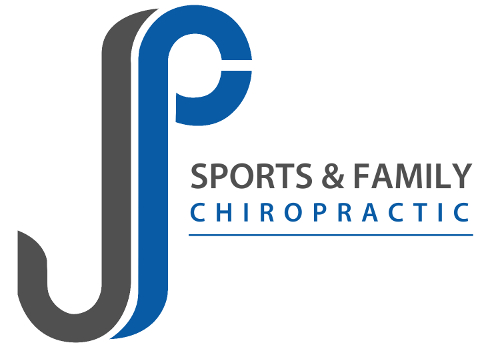![]() 631-598-7034
631-598-7034![]() Schedule Online
Schedule Online
Newsletter Sign Up
Want to keep up to date with all our latest news and information? Enter your email below to be added to our mailing list.
Meniscus
With very few exceptions, every patient who has a meniscal injury will benefit from therapy. Like most injuries today, early intervention is the key, and with it, we can get them back to work, sport, or simply back on their feet sooner.
The patient, despite technological advances, and the relative simplicity of arthroscopy, still requires professional care. The surgery has caused some tissue damage, and the body responds to this like any other injury, an immediate inflammatory phase, followed by a proliferation phase, and finally a maturation or remodeling phase. During the immediate, acute rehabilitation, our goals are: 1) minimize the effects of the injury by controlling the inflammatory symptoms ( edema, warmth, pain and loss of function), promote the healing process, maintain the patient's strength, current total body condition, and motivation for full return.
We have been extremely successful in controlling inflammation through the use of ice, compression, Ultrasound, Massage and electrical stimulation.
This, combined with passive range of motion and controlled active range of motion, helps to control edema, and prevent loss of motion from reflex inhibition. The real benefit from early intervention, however, is our ability to prevent post surgical atrophy and loss of strength.
By engaging in early rehabilitation, and preventing strength loss, our patients return to a normal life style quicker and safer. Early on, we initiate electrical stimulation modalities to maintain and increase muscle firing. Even when a patient can't contract on their own, due to pain and/or edema, we can contract their muscle in a controlled, pain free manner. We also initiate isometric, and active muscle contractions. Once their incisions are fully healed, patients who need it can initiate pool therapy for limited weight bearing gait training.
As we move into the next phase, we continue to address any range of motion concerns, as well as lingering inflammation. As patient comfort and healing allow, we continue safe strengthening rehabilitation, and begin to address proprioceptive concerns, along with endurance and total function needs. By initiating therapy early, most patients will be well prepared for more aggressive therapy at this stage, and will respond very well. Early intervention has minimized joint effusion, loss of motion, atrophy, and strength loss, allowing us to move aggressively through the final phase.
In our experience, with early intervention, therapy following medial meniscectomy lasts about 4-6 weeks. It will vary depending upon the patient's pre-injury activity level, how much surgery was performed, and patient's compliance.
Always consult with a Doctor before trying to treat any health condition.
Contact
217 Merrick Rd.
Suite 204
Amityville, NY 11701
Phone: (631) 598-7034
Fax: (631) 598-7479
Email: drjpop@gmail.com
Home About Media Wellness Schedule Appointment Contact Patient Center 2016 U.S Open 15th Annual Tunnel To Towers
Copyright©2016 All Rights Reserved.





